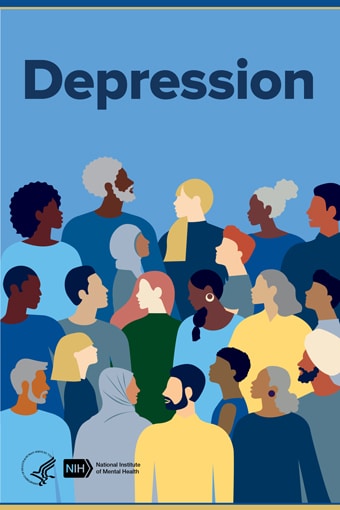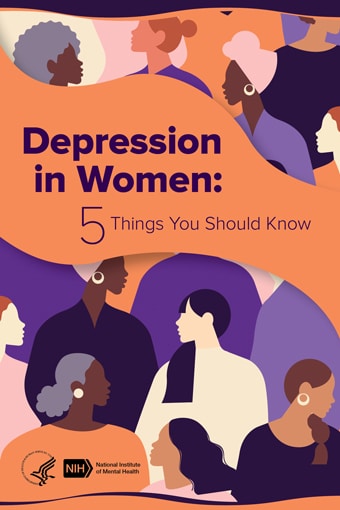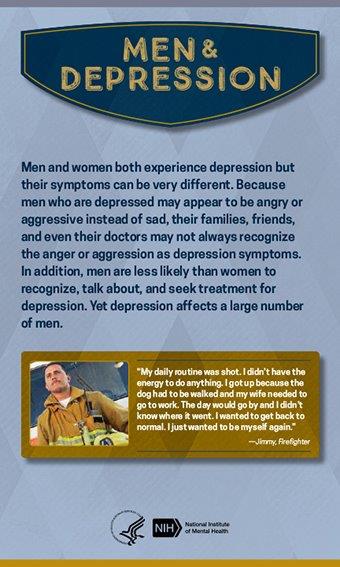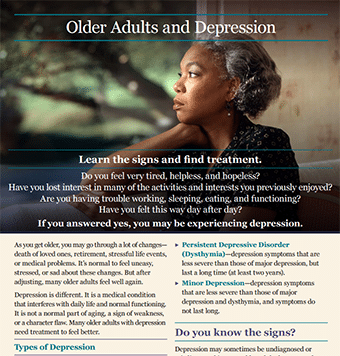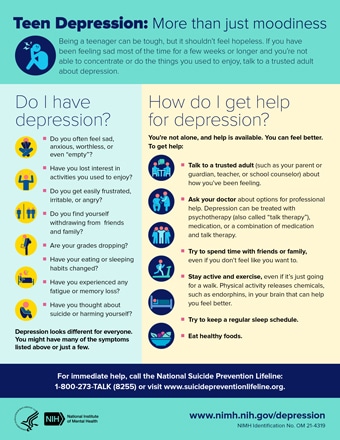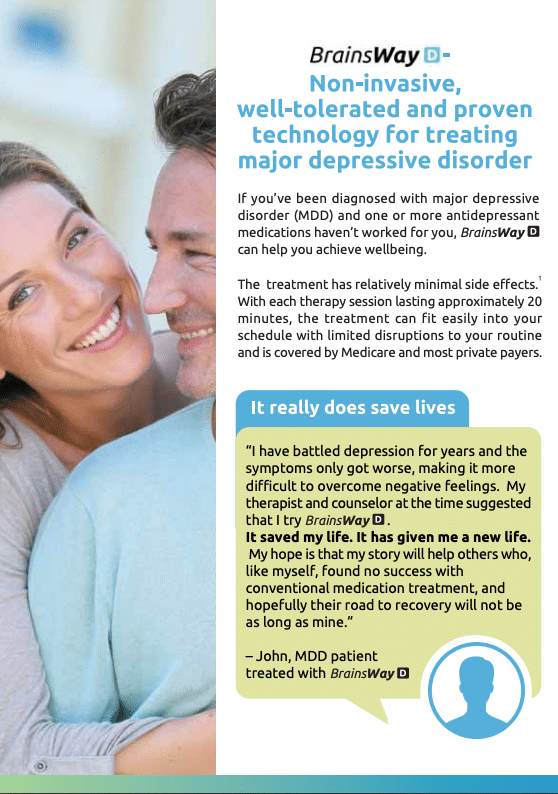Depression
What is Depression?
Clinical depression, is a medical condition that causes extreme feelings of sadness and emptiness. People who suffer from depression may lose interest in activities they once enjoyed and experience a constant feeling of hopelessness on a daily basis. Depression, also known as clinical or major depressive disorder, may be triggered by certain events or occur along with other illnesses. Severe depression can interfere with one’s ability to work, sleep, eat, interact with others or enjoy life.

Causes of Depression
The exact cause of depression is unknown. Depression can sometimes be triggered by a traumatic event such as the death of a loved one, divorce, emotional or financial stress, or childhood trauma. Other factors that may contribute to depression include:
- Hormonal changes
- Heredity
- Chemical imbalances or changes within the brain
The use of certain medications such as steroids, or alcohol or drug abuse may contribute to the onset of depression. Patients suffering from serious illnesses such as cancer or other long-term conditions may also develop depression.
Do I have Depression?
While most people may feel sad or down every once in a while, clinical depression affects the lives of those afflicted on a daily basis. Some of the things you might experience if you have depression include;
- Feeling sad or hopeless
- Loss of interest in normal activities
- Crying Spells
- Trouble Sleeping
- Trouble concentrating or focusing
- Irritability
- Changes in Appetite
- Fatigue or Lack of Energy / Motativation
- Unexplained aches and pains
- Suicidal thoughts

Depression is a serious condition that can severely affect individuals and their families. Left untreated, depression may lead to anxiety, isolation, difficulties at work or school, alcohol or substance abuse, and in extreme cases, suicide.
Diagnosing Depression: To diagnose depression, Dr. Singareddy and his team will conduct a full physical examination and a review of all symptoms. Blood and urine tests may also be performed to rule out any underlying medical conditions that may contribute to the depression. This may involve you going to a laboratory in the Suwanee, GA area to get these tests done. A full psychological evaluation is also performed to make a proper diagnosis and create a treatment plan.
Major Depressive Disorder
- #1 Reason people seek out mental health services
- Affects over 18 million adults in the US any given year
- Is the leading cause of disability for ages 15-44 worldwide
- Affects over 300 million people worldwide, regardless of culture, age, gender, religion, race or economic status
Depression Treatments and Therapies
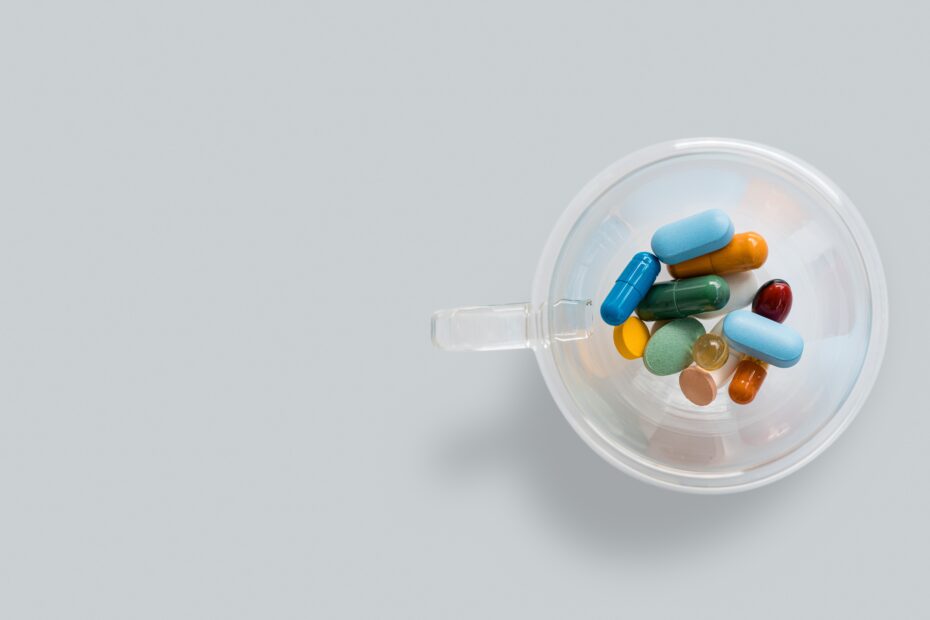
Medications
Medications are useful for helping with the symptoms of depression and are often prescribed in conjunction with other therapies. Some of the medications which are used to treat depression include SSRIs, SNRIs, atypical antidepressants, tricyclic antidepressants, MAOIs, and other drugs. The first antidepressant you try may work well for your depression. But if it does not relieve your symptoms or causes side effects that are not manageable, you may need to try another. Dr. Singareddy and his team have the experience and knowledge to find the right medication and supplement it with other therapies in order to best give you help with depression.

Therapy
Therapy, such as psychotherapy or talk therapy, helps change your thinking patterns and improve your coping skills so you're better able to deal with stress, conflicts, and different situations. Therapy for depression also helps you stay well by identifying and changing unhelpful thoughts and behavior. There are many different types and styles of therapy. Depression and life situations vary considerably, therefore Dr. Ravi Singareddy tailors the therapy to your specific symptoms and diagnosis. Most of the time therapy is combined with medication or other treatments. This multifacet approach helps provide relief quicker and in a way to provide robust results for those looking for help with depression.

TMS
TMS treatment for depression works by utilizing a magnetic field that activates brain regions. By activating brain regions it regulates the neural activity of brain structures related to major depressive disorder – specifically the dorsolateral prefrontal cortex (DLPFC). TMS to be a highly effective treatment that can facilitate a significant improvement in patients’ mental health, relieving symptoms of depression. TMS is a non-invasive procedure, which means most people well-tolerate it and have no side effects. It does not require a significant recovery period, and the 20-min treatment can easily be integrated into each patient’s day-to-day schedule.

Treatment-Resistant Depression
Depression is typically treated with a combination of psychotherapy and antidepressant medication. Antidepressants help to alter the brain chemistry to improve mood. Psychotherapy, in the form of therapy or counseling, aims to treat depression by by teaching the individual new ways of thinking and behaving, and changing habits that may be contributing to the depression.
Individuals with severe depression that does not respond to a medication or therapy, may benefit from more comprehensive treatment approach which might include combination of medication or augmentation pharmaceutical modalities. The combination method include using medications from two different class of antidepressants. Augmentation strategies include use of certain medications (e.g., Lithium, Thyroid, etc.) to boost the effects of traditional antidepressants. Other FDA-approved treatment modalities to treat depression not responding to common antidepressants and or therapy include TMS (transcranial magnetic stimulation) and nasal Es-Ketamine. In severe cases of depression not responding to these treatments, electroconvulsive therapy (ECT) is an option. ECT is administered under anesthesia and is administered in a hospital setting. ECT may result in some short or long-term memory loss.
In extreme cases, hospitalization may be temporarily necessary if the patient cannot properly care for themselves or if they are in danger of harming themselves or others.
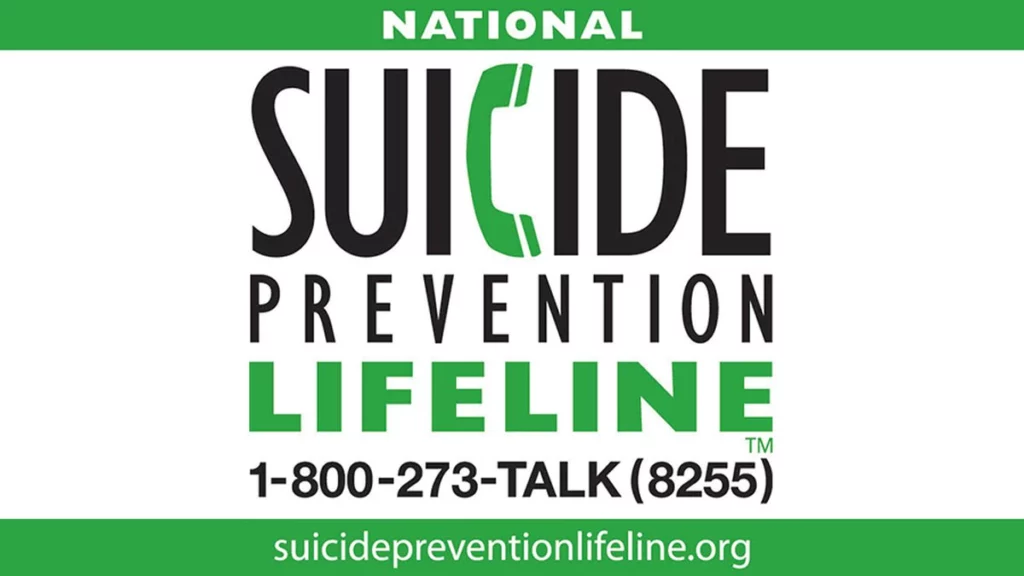
If you or someone you know is in immediate and intense distress or is thinking about hurting themselves, call the National Suicide Prevention Lifeline toll-free at 1-800-273-TALK (8255). You also can text the Crisis Text Line (HELLO to 741741) or use the Lifeline Chat on the National Suicide Prevention Lifeline website.
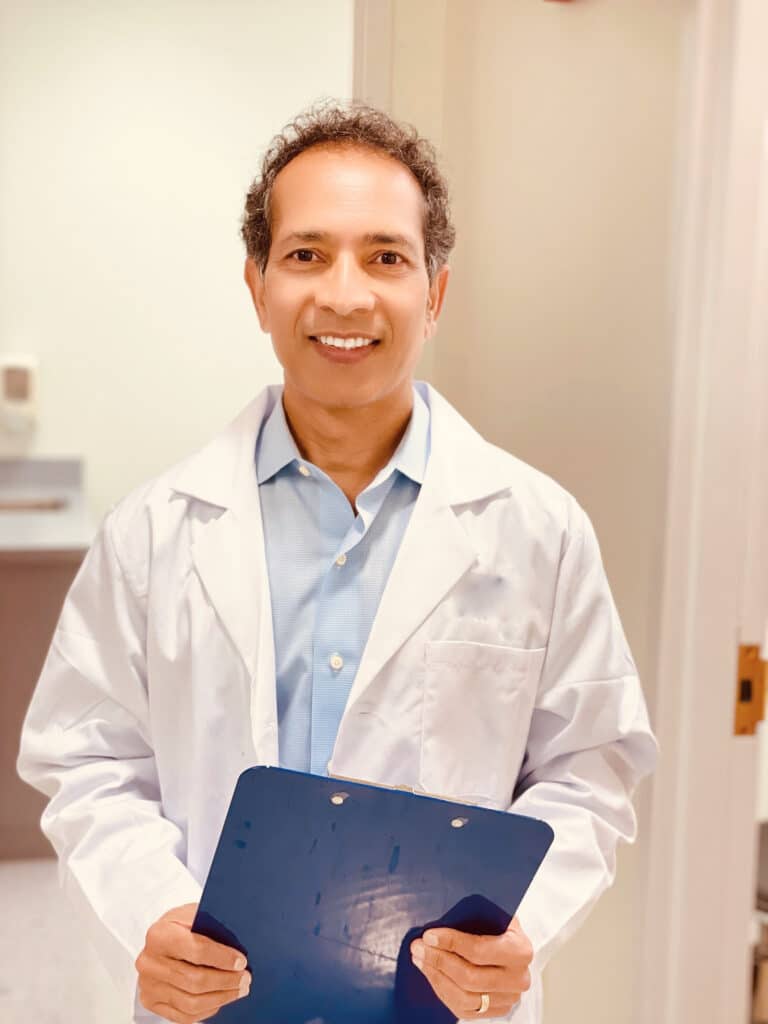
Get Help with Depression Now
Call to setup an Appointment (770) 615-0226
or submit the form below and we will be in contact with you.
